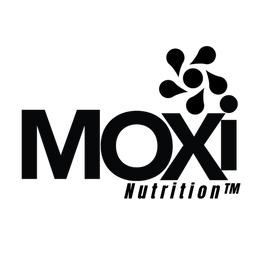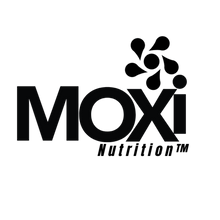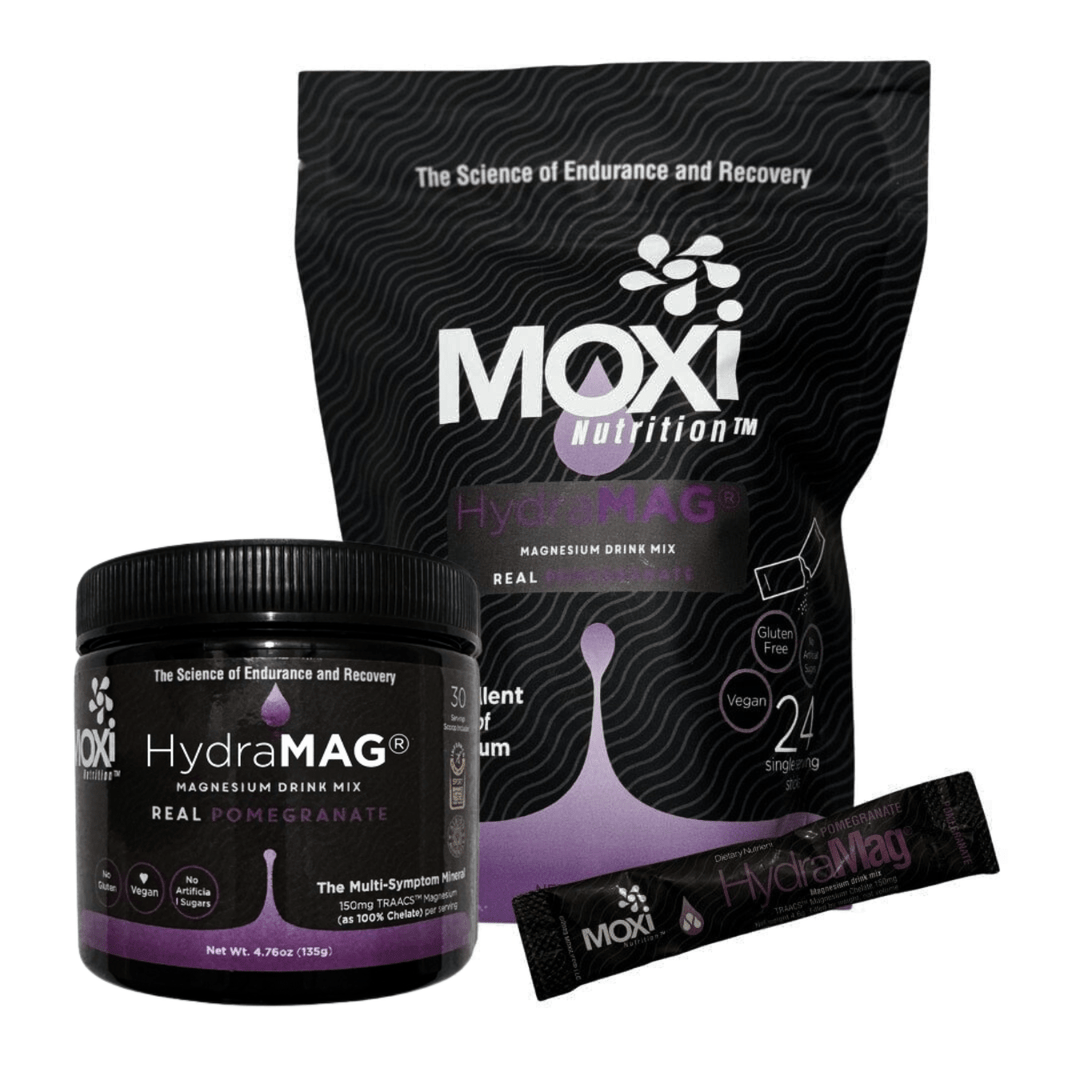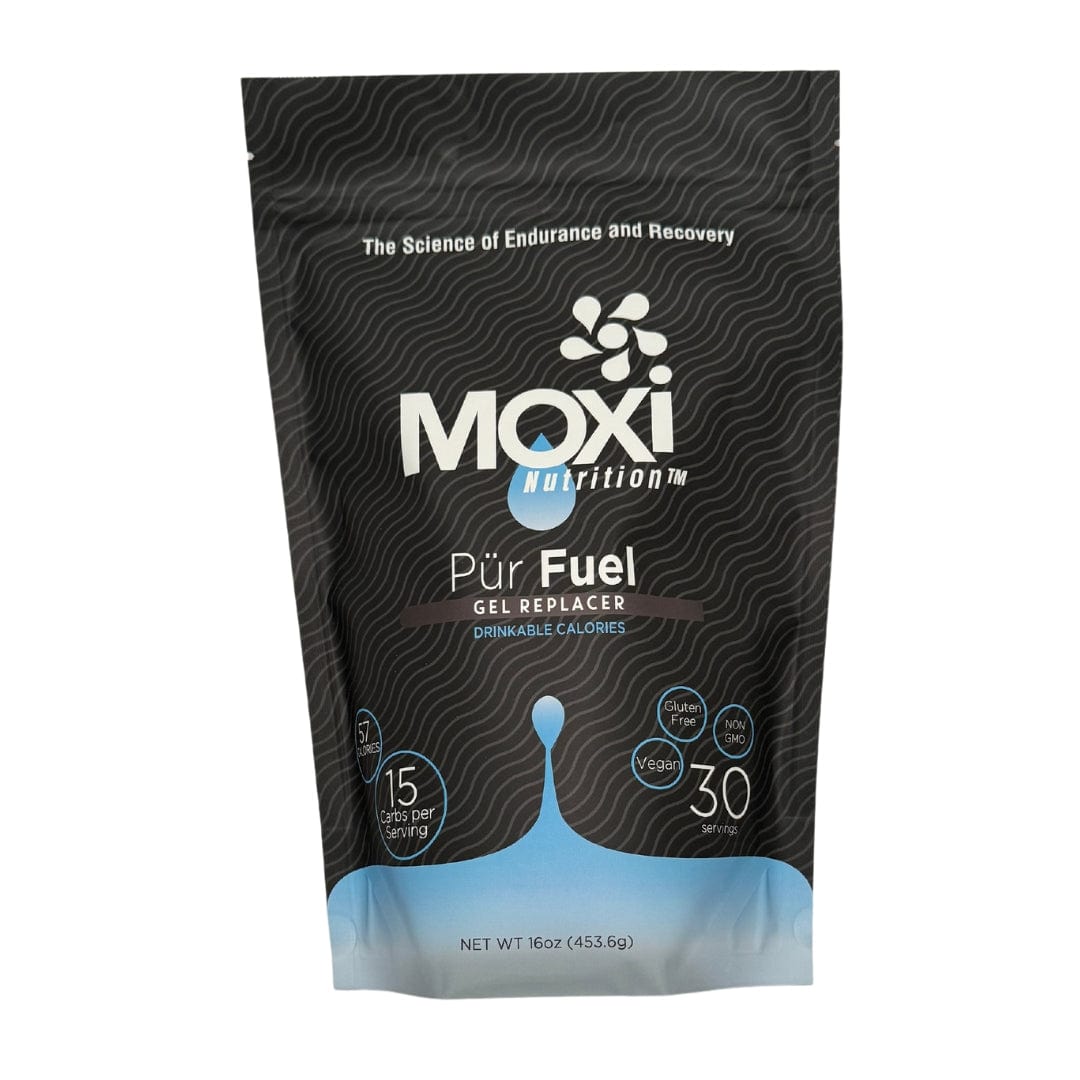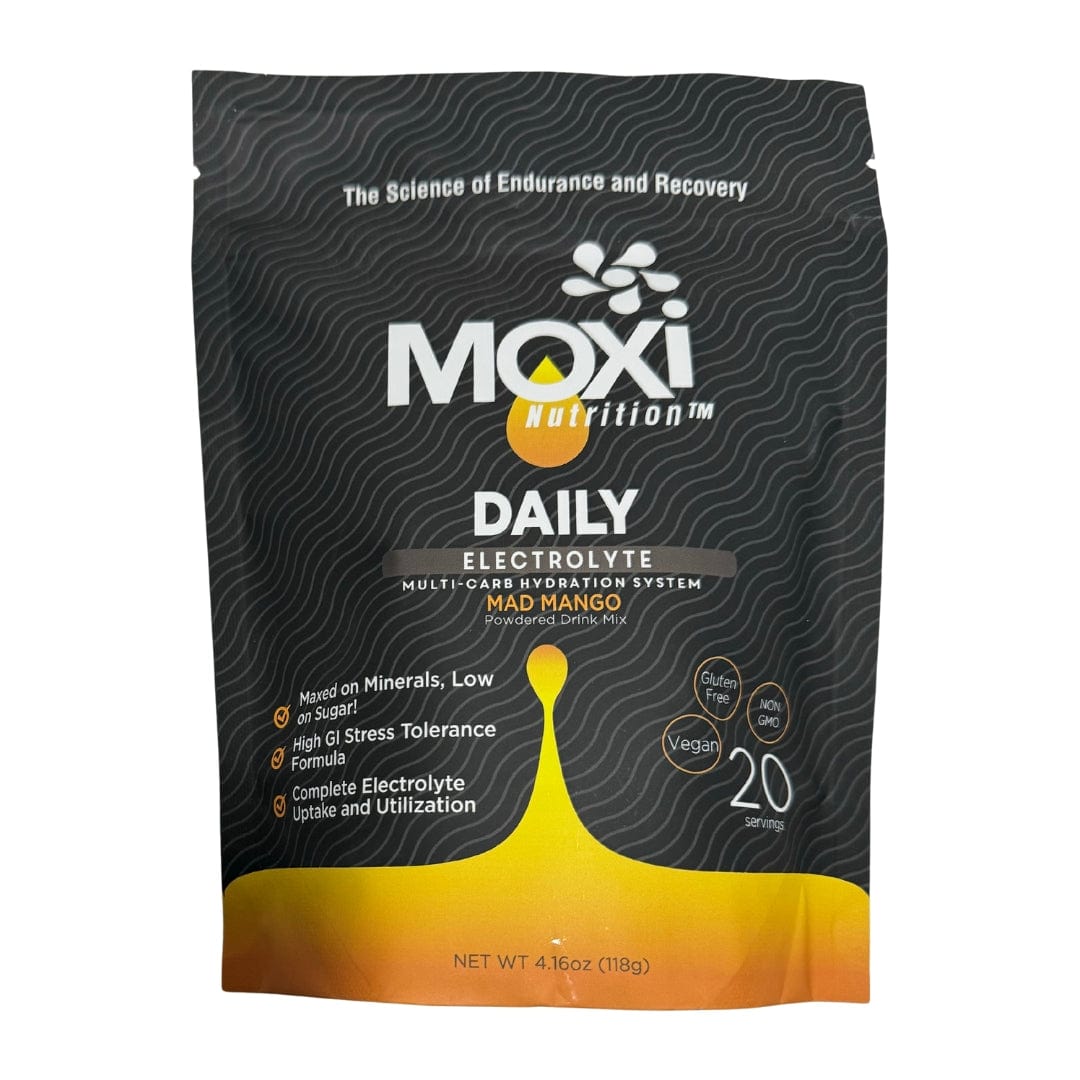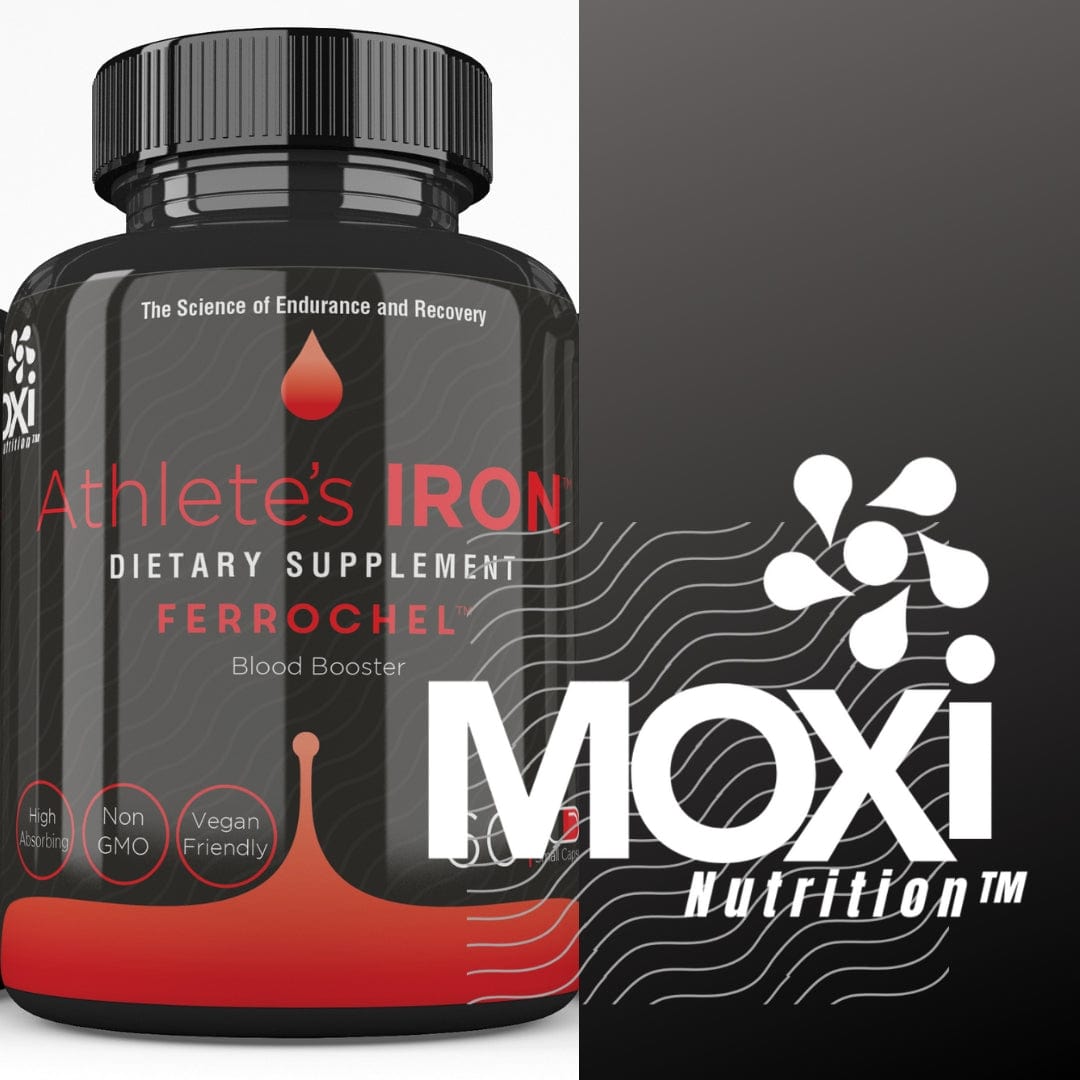Can Nutrition Change My Performance Level?
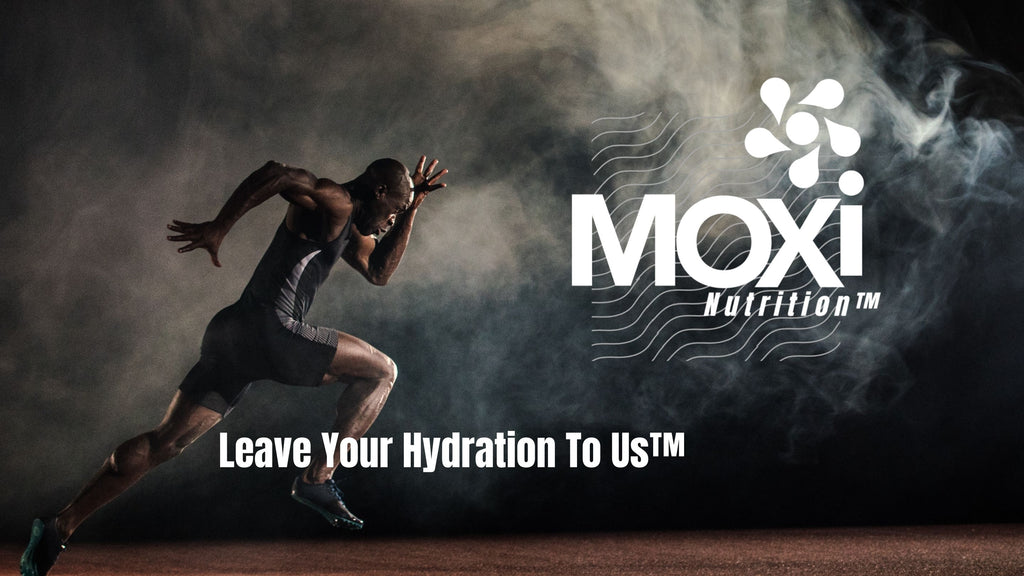
If you dont think nutrition can change your game, that is unfortunate however, it’s great news for the nutrient dense diet athlete.
Nutrition is the KEY to elevating performance. Nutrition is the discipline lacking in many athletes training program which can make ALL the difference in performance and recovery. A nutrient dense diet is first and foremost important performance influencer however, we now know of ‘anti nutrients’, which are naturally occurring components in "clean" diets.
Anti-nutrients are compounds found in certain foods that interfere with the absorption of nutrients in the body. While they may not pose significant issues for the average person with a balanced diet, athletes who have higher nutrient requirements might be more affected by them.
Here's how anti-nutrients can impact nutrient uptake for athletes:
Reduced Mineral Absorption
Some anti-nutrients, such as phytates found in grains, legumes, and seeds, bind to minerals like calcium, iron, zinc, and magnesium, preventing their absorption in the gut. Athletes need these minerals for muscle function, bone health, and overall performance. Reduced absorption of these minerals can lead to deficiencies, impacting athletic performance and recovery. Supplementing with chelated minerals significantly reduces the anti- nutrient impacts by as much as 6x.
Impaired Protein Digestion
Protease inhibitors found in some plant foods, like soybeans, interfere with the digestion of proteins. Since athletes require higher protein intake to support muscle growth, repair, and recovery, anything that impairs protein digestion can hinder their ability to meet their protein needs. vegetarians need to be cognizant of the anti nutrient affects on muscle regeneration and alter diet to reducing the combination of certain foods.
Digestive Distress
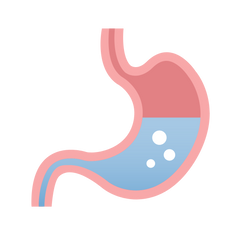
Certain anti-nutrients, such as lectins and saponins, can irritate the lining of the gut and cause digestive discomfort, including bloating, gas, and diarrhea. Athletes rely on efficient digestion to absorb nutrients and fuel their bodies optimally. Digestive distress can impair their ability to consume and absorb the nutrients they need for peak performance.
Lectins and saponins are anti-nutrients found in various plant foods. Here are some examples of foods that contain lectins and saponins:
Foods containing Lectins:
**Legumes**:
Beans (including kidney beans, black beans, navy beans, and lentils), peas, and peanuts are high in lectins. However, lectin levels can be reduced through soaking, sprouting, fermenting, or cooking these foods.
**Grains**:
Whole grains such as wheat, barley, rye, and oats contain lectins, particularly in their outer layers. Proper processing methods like soaking, sprouting, and fermenting can help reduce
Inhibition of Enzymes
Anti-nutrients like enzyme inhibitors can interfere with the activity of digestive enzymes, making it more difficult for the body to break down and absorb nutrients from food. This can reduce the bioavailability of essential nutrients, including vitamins and minerals, which are crucial for athletes' energy production and overall health.
Increased Nutrient Needs
Athletes already have higher nutrient requirements compared to sedentary individuals due to increased energy expenditure and metabolic demands. When anti-nutrients inhibit the absorption of essential nutrients, athletes may struggle to meet their elevated nutritional needs, potentially compromising their performance, recovery, and immune function.
To mitigate the impact of anti-nutrients on nutrient uptake, athletes can employ several strategies:
✔️Diversify their diet to minimize reliance on foods high in specific anti-nutrients.
✔️Use food preparation methods like soaking, sprouting, fermenting, and cooking, which can help reduce the levels of anti-nutrients in certain foods.
✔️Pair foods containing anti-nutrients with those high in complementary nutrients to enhance absorption.
✔️Consider supplementation, particularly for minerals like chelated minerals: magnesium, iron and zinc, to ensure adequate intake.
✔️Work with a registered dietitian or sports nutritionist to develop personalized nutrition plans that address individual nutrient needs and potential anti-nutrient concerns. ✔️✔️Focus on a diet rich in methyl donors.

What are methyl donors and can methyl donors optimize how the body absorbs nutrients?
Methyl donors, such as folate, vitamin B12, choline, and betaine, play crucial roles in various metabolic processes in the body, including nutrient metabolism. While they do not directly influence how the body absorbs nutrients, they are involved in processes that can indirectly impact nutrient absorption and utilization.
Here's how methyl donors can optimize nutrient absorption and metabolism:
1. **Methylation Reactions**:
Methyl donors participate in methylation reactions, where a methyl group (CH3) is transferred to other molecules. Methylation is essential for the activation or inactivation of enzymes involved in nutrient metabolism. For example, methylation reactions are involved in the metabolism of amino acids, lipids, and carbohydrates, which are important for nutrient absorption and utilization.
The medical community now refers this phenomenon to 1 Carbon Metabolism/1CM™.
2. **DNA Methylation**: Methyl donors are involved in DNA methylation, a process that regulates gene expression. By regulating gene expression, methyl donors can influence the production of proteins involved in nutrient absorption and metabolism. For example, genes encoding transporters and enzymes involved in nutrient absorption can be regulated by DNA methylation.
3. **Homocysteine Metabolism**: Methyl donors are involved in the conversion of homocysteine to methionine. Elevated levels of homocysteine are associated with impaired endothelial function and increased risk of cardiovascular disease. By promoting the conversion of homocysteine to methionine, methyl donors may indirectly improve blood flow and nutrient delivery to tissues.
4. **Neurotransmitter Synthesis**: Methyl donors are involved in the synthesis of neurotransmitters such as serotonin, dopamine, and norepinephrine. Neurotransmitters play a role in appetite regulation and satiety, which can indirectly influence nutrient intake and absorption.
5. **Liver Health**: Methyl donors support liver health and function, which is crucial for nutrient metabolism and detoxification. The liver plays a central role in the metabolism of carbohydrates, proteins, and fats, as well as the synthesis of bile acids necessary for fat absorption.
While methyl donors are important for optimizing nutrient metabolism, it's essential to obtain them from a balanced diet rather than relying solely on supplements.
A diet rich in fruits, vegetables, whole grains, lean proteins, and healthy fats provides ample sources of methyl donors and other essential nutrients necessary for overall health and optimal nutrient absorption.
Additionally, individual genetic variations can affect the metabolism and utilization of methyl donors, highlighting the importance of personalized nutrition recommendations.
If you are seeking to quickly maximize your metabolism and performance; Pre-Race contains a key nutrient called choline (as VitaCholine®); a key methyl donor, added to maximize metabolic performance.
Consulting with a healthcare provider or registered dietitian can help individuals optimize their nutrient intake and metabolism based on their unique needs and genetic profile.
